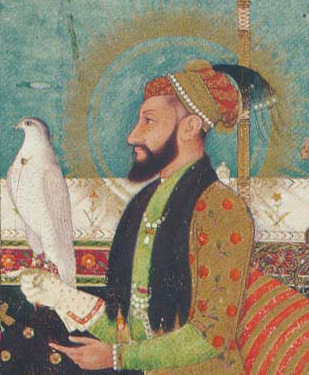Aurangzeb, the sixth Mughal emperor of India, ruled from 1658 to 1707 and remains one of the most controversial figures in Indian history. His reign was marked by expansion, religious policies, and conflicts that shaped the subcontinent. Here are some of the more controversial and “dark” aspects of his rule:
1. Betrayal & Imprisonment of His Father
Aurangzeb seized power by overthrowing his own father, Shah Jahan, who had built the Taj Mahal. He imprisoned Shah Jahan in the Agra Fort, where the former emperor spent his last years looking at the Taj Mahal from a small window.
2. Execution of His Brothers
To secure his throne, Aurangzeb eliminated his rivals, including his own brothers:
-
Dara Shikoh: His elder brother, known for his liberal views, was captured, paraded in public, and executed.
-
Murad Baksh & Shah Shuja: He got Murad executed and forced Shah Shuja into exile, where he likely died.
3. Harsh Religious Policies
Unlike his predecessors, who promoted religious tolerance, Aurangzeb was a staunch Sunni Muslim who imposed jizya tax on non-Muslims and ordered the destruction of many Hindu temples, including the Kashi Vishwanath Temple in Varanasi and the Keshav Rai Temple in Mathura.
4. Persecution of Sikhs & Hindus
-
He ordered the execution of Guru Tegh Bahadur, the ninth Sikh Guru, in 1675 for refusing to convert to Islam.
-
Many Hindu communities, including Rajputs and Marathas, rebelled against his rule due to his oppressive policies.
5. Endless Wars & Brutality
Aurangzeb’s thirst for expansion led to prolonged wars in the Deccan against the Marathas, leading to high taxation and suffering for common people. His relentless campaigns drained the Mughal treasury and weakened the empire.
6. Economic Decline
His harsh policies, including banning music and art, suppressing trade, and increasing taxes, led to economic decline. The Mughal Empire started weakening due to financial strain and internal rebellions.
7. Death & Legacy
Aurangzeb died in 1707, leaving behind an empire on the verge of collapse. His policies created deep divisions that later contributed to the decline of the Mughal Empire and the rise of British colonial rule.
Despite his administrative skills, Aurangzeb is often remembered for his intolerance, religious fanaticism, and ruthless ambition. His rule remains a subject of debate among historians.
